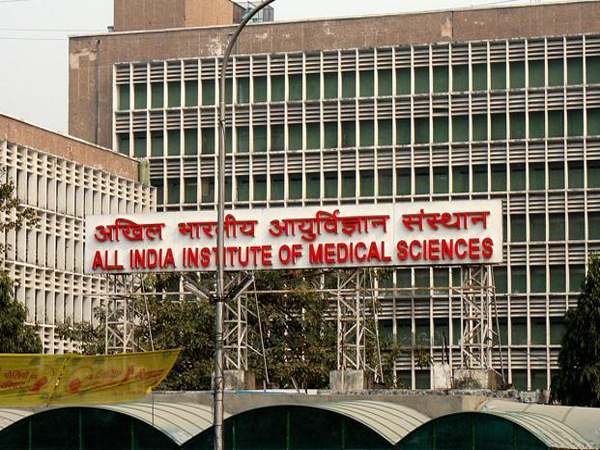Speaking exclusively to India Today TV, Dr Guleria also said the coronavirus peak may arrive at different times for different states. He also said the lockdown was successful but at the same time, it didn’t get coronavirus cases down significantly.
New Delhi, June 7:
Director of the All India Institute of Medical Sciences (AIIMS) Dr Randeep Guleria said that coronavirus cases peak in the country is yet to come. Speaking exclusively to India Today TV, Dr Guleria also said the coronavirus peak may arrive at different times for different states.
Dr Randeep Guleria said the lockdown was successful but it “did not help in bringing down the coronavirus cases significantly”.
“The peak [coronavirus] is yet to come. And yes, our cases are definitely on a rise but that was expected given our population. We can’t compare India to other European countries. India’s population is greater than two to three countries in Europe combined,” Randeep Guleria said.
He added: “Our mortality rate is much less than theirs.”
When he was asked whether community transmission had begun to take place in Delhi, where one of every four people being tested for coronavirus is positive, Dr Randeep Guleria said ‘yes’.
“Local transmission is most likely happening in the hotspots of Delhi and Mumbai. There are 10 to 12 cities where there are chances of local transmission,” he said.
On being asked whether the time was right to unlock the lockdown, Dr Randeep Guleria said the lockdown was successful but at the same time, it didn’t get coronavirus cases down significantly.
“People didn’t follow the lockdown as seriously they should have and thus, it is important that they act responsibly now because the economy and the less fortunate need to be taken care of, as well,” the AIIMS Director said.
India Today also questioned Dr Guleria on the lack of beds and ventilators in hospitals across the country and how the health system plans to deal with it. To which, Dr Guleria said the plan to deal with this problem needs to be changed.
*People with mild symptoms do not need to be admitted. Our experience so far has taught us that patients with mild symptoms mostly recover on their own and do not require treatment. They could give way to beds for the serious patients,” he said.
Recently, Satvinder Singh, a man who lost his father to coronavirus told India Today TV that he was refused a bed by AIIMS and was told there were none except for the VIP patients.
Dr Randeep Guleria has denied the claims.
“We don’t have any VIP patients. We let all kinds of patients in. Even right now, we have around 800 people,” Randeep Guleria said.
On whether the Delhi government has made the right decision by asking labs not to test asymptotic people, Dr Guleria said that it’s the right thing to do. “People with symptoms definitely need to be tested but how can we test someone who has absolutely no symptoms,” he said.
Dr Randeep Guleria, however, wasn’t appreciative of keeping Delhi’s medical care facilities restricted to the residents of the national capital.
“If people from other states or the national capital region find facilities in Delhi and that do not in their own states, then we should take care of them. They, too, are Indians and for us, they are patients,” he said.
Finally, Dr Randeep Guleria expressed concern over a large number of healthcare workers being found positive but said that all of these were actually the ones working in non-Covid areas.
“Most healthcare staff found positive includes guards and those in the record office. This means that people are bringing the infection to the hospital and thus, it’s important that people understand their responsibilities,” he said.




